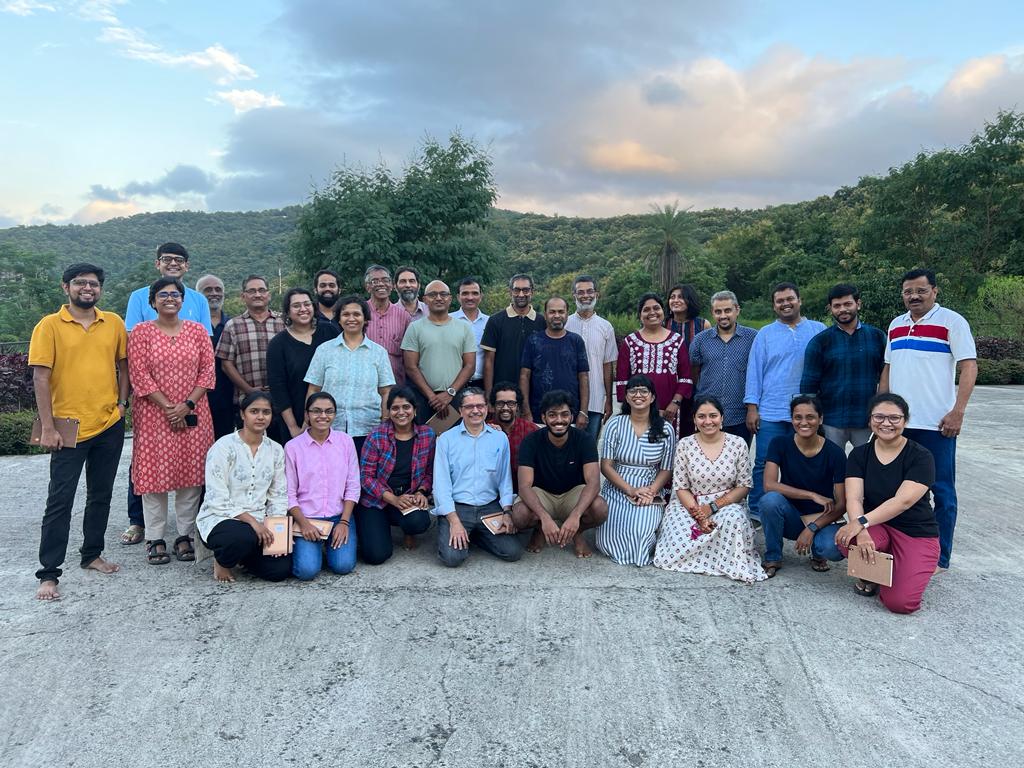The word ‘Prayas’ means ‘focused effort’. Prayas is a non-profit organisation based in Pune, India. Members of Prayas are professionals working to protect and promote the public interest in general, and interests of the disadvantaged sections of the society, in particular.
Prayas (Energy Group), or PEG, has been active in furthering public-interest in the energy sector through analysis-based policy and regulatory engagement from around 1990. During this period, it has made significant contributions to the Indian energy sector and has established its credibility among the various actors in the sector through its comprehensive and analytically sound approach to issues. PEG uses diverse tools (research, developing innovative policy proposals, data and knowledge sharing activities, modelling, research publications etc.) and works with various stakeholders such as policy-makers and regulators, citizens’ groups, researchers, think-tanks and academic institutions.
PEG is characterized by a compact group of high quality professionals with social commitment and strong ethical values working in an informal, non-hierarchical networked structure. As an organization, PEG has an open, democratic style of functioning with most key decisions taken in a collective fashion. PEG is an equal opportunity organization and does not discriminate based on gender, religion, caste, age or any other basis.
Our Vision and Approach
The vision or dream of PEG is that energy becomes a tool for sustainable and equitable development for all citizens. To realize this vision, PEG works on a Public Interest Paradigm of Energy for Development. Much of the conventional energy sector discourse focuses on financial viability and economic growth while neglecting institutions, equity and sustainability. This situation is further exacerbated by the distortions caused by the influence of powerful vested interests and neglect of inter-sectoral linkages.
In this context, PEG works to protect and promote public interest in the energy sector. This implies focusing on the interests of the disadvantaged sections and the long-term social and environmental interests of society. It also involves taking an integrated and comprehensive view of the sector including its linkages with related sectors such as water and environment. Working on this paradigm places a balanced emphasis on economy, efficiency, equity and sustainability. It also gives due importance to democratization of decision making processes.
For substantive guidance and social accountability, PEG has established a Review and Advisory Committee (RAC) consisting of respected individuals from diverse fields including energy and related areas. The RAC’s role is to review appropriateness and effectiveness of PEG’s work in furthering public interest and to provide guidance for future plans. We are sustained by donations from individuals and research grants from charitable foundations. PEG consciously refrains from taking up commercial consultancy assignments or accepting funding from corporate houses etc. as it could compromise its independence or autonomy, or be seen as such.


































